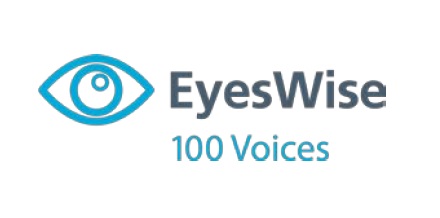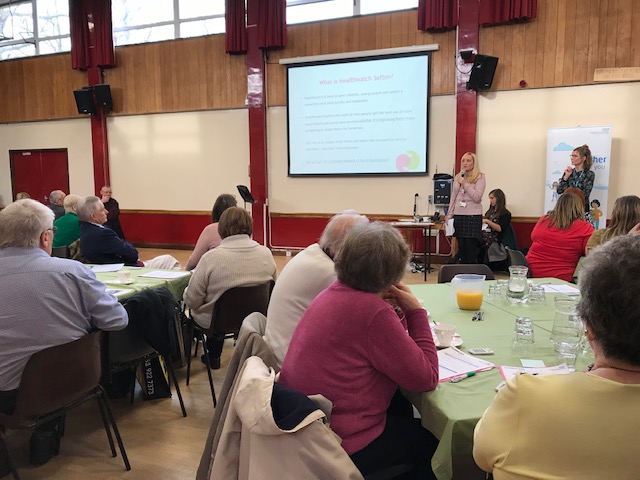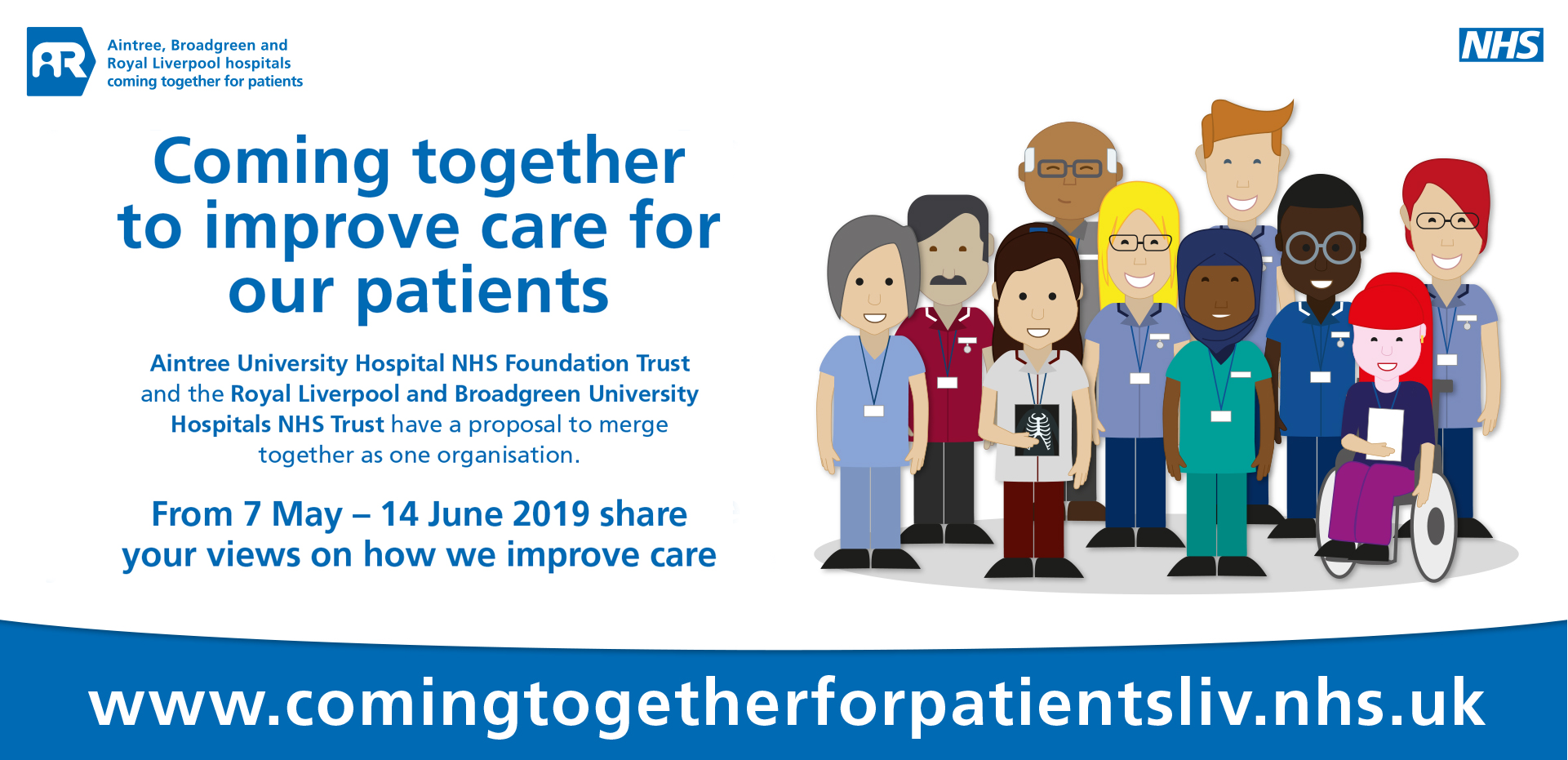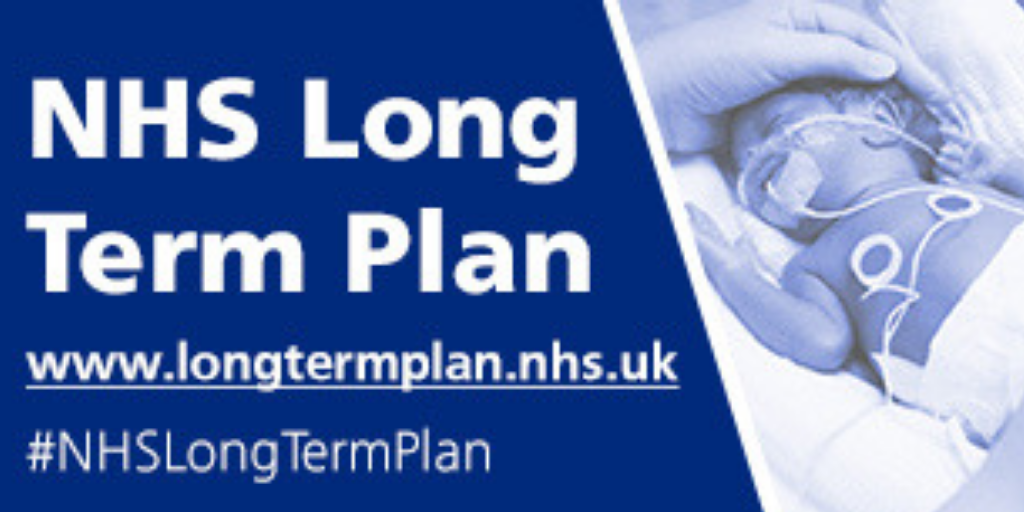
Patients invited to share views on hospital based eye services
Date Exercise Ended - Monday, December 30, 2019
We are supporting NHS England and Improvement's 100 voices campaign and asking for your views on hospital based eye services.


You can find out about our previous exercises where we have involved residents and partners in our work by selecting the links below. We also publish case studies of how we use your views to inform our work.
Date Exercise Ended - Monday, December 30, 2019 We are supporting NHS England and Improvement's 100 voices campaign and asking for your views on hospital based eye services. Date Exercise Ended - Tuesday, November 12, 2019 Your invitation to come along to this free information event on Tuesday, 12 November to find out more about your GP practice’s patient participation group and how you can get involved. Date Exercise Ended - Monday, October 21, 2019 We are looking for views from our patients to help shape the future of healthcare in Sefton.
Shaping Sefton II is our five year plan for working in a more joined up way across local health and care partners so that patients can get the right support and treatment first time, to help them live a healthy life and improve their wellbeing. Date Exercise Ended - Monday, September 9, 2019 We are supporting Sefton Council ’s consultation that asks for your views to help develop plans for health and social care in the borough for the next 5 years. Date Exercise Ended - Friday, July 26, 2019 Sefton Council is looking at 0-19 health services provided in the borough and it would really like to know what you think about them. Date Exercise Ended - Sunday, July 14, 2019 The latest phase of our project to review more than 100 health polices has begun and we are asking for your views to help make sure our limited NHS resources are used on the most effective treatments. Date Exercise Ended - Thursday, June 13, 2019 A series of public events have been announced where people can share their views on the proposed merger of Aintree University Hospital NHS Foundation Trust and the Royal Liverpool and Broadgreen University Hospitals NHS Trust. Date Exercise Ended - Wednesday, May 15, 2019 We started working with Healthwatch Sefton in 2019 to explore how we might support GP practices to develop their Patient Participation Groups (PPGs). Date Exercise Ended - Thursday, April 25, 2019 As part of a national engagement exercise, the NHS has launched a call for views on how targeted amendments to the law could help local and national health organisations work together more effectively to improve services for patients. Date Exercise Ended - Thursday, February 28, 2019 NHS England (NHSE) and NHS Clinical Commissioners (NHSCC) have launched a new consultation to support the review of eight items currently available on prescription, which are considered to be of low clinical priority and which cost the NHS more than £68 million per year.
Patients invited to share views on hospital based eye services

Patient participation group event

Shaping Sefton II - give your views

Developing Sefton's Health & Wellbeing Strategy 2020-2025

Your views wanted on the 0-19 Healthy Child Programme

Review of local health policies – phase 3

Public invited to comment on merger of two Liverpool hospital trusts

Developing our Patient Participation Groups

National call for views on proposals to help the NHS deliver its Long Term Plan

National consultation on the prescribing of low priority items